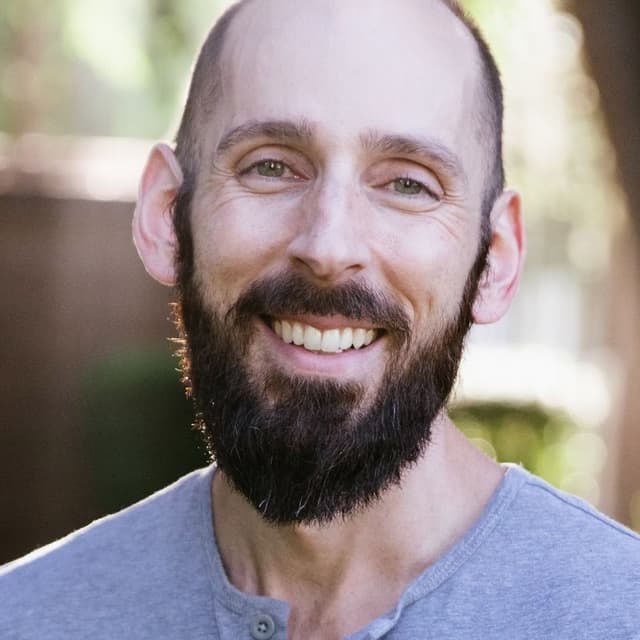About
Hello there!
I'm Mario Giancini, and I'm very grateful you are reading more about me.
Besides software and personal development, I thoroughly enjoy music production, good coffee, travel, and philosophical conversation.

Continue?
Origin
I’ve been building things online since Dreamweaver, and have been making digital music and visuals since Mario Paint. As an elder millennial, I grew up without the tools of the internet, then later adopted them in adolescence.
Video games were a major part of my childhood and a big influence for the art and programs I create. They, as well as tinkering with Legos and electronics, spurred my passion for building things early in life. (In fact, to me, software engineering kind of feels like playing with digital Legos). As I got older, my influences gradually turned more towards books, and a love of reading and writing grew.
Over time, I've noticed that the mediums I use tend to become less important than achieving the desired outcomes. Coming from a creative background, those mediums were mainly music, video, and drawing. Now they have evolved to include (predominantly) words and code.
However, the goal for me, despite the medium, has always remained the same: to produce valuable intangibles that create positive impact in others.
Philosophy
These are the main concepts I continue to explore and apply to my life:
Personal Responsibility: Where you are in life is no one's responsibility but your own. Own it, and don't blame others for not being where you want to be. This is the opposite of the victim mentality—frame things as happening for you (accountability) instead of to you (victimhood). Be happy with what you've got, while you go for what you want.
Let Go Of Things You Can't Control: Borrowing from stoic philosophy, the vast majority of our suffering is made up in the mind. Don't focus on events and things you cannot control. Focus instead on what you can control—your thinking and actions.
Don't Take Things Personally:
As apposed to concept 1, you can't take on the responsibility for other's perceptions and expectations as your own. You can, however, empathize with them. People tend to project themselves onto others, and, by nature, are most motivated by self-interest. It's not really about you, so be flexible. Refer to concept 2. The easiest way to start adopting this mindset is a become a life-long learner. Refer to concept 5.
Clear Communication: Effective communication is first and foremost about being a good listener and observer. This applies not only to others, but yourself. It requires focused attention and self-awareness. You must try to understand what the motives are of others and of yourself. Then you can communicate with clarity and empathy.
Self-Education: When you take responsibility for your life, you realize it is up to you to learn about and understand yourself, and the world around you. Education does not end with school. In fact, most schools and colleges set us up for failure in the real the world. Continuing to self-educate empowers us as autodidacts to refine our philosophy and allows us to grow and adapt within our shared reality.
The Details Are Not Repeatable:
As you learn more, remember that the details of a person's life are not repeatable. We each have our own unique set of circumstances and characteristics. We cannot replicate exactly what others have done or experienced in the same way. We can only extract the principles they used and apply them to our lives to try and harmonize with their trajectory. What that looks like for each person will be different. Refer to concepts 1 and 2.
The Expansion Mindset: Borrowing from the growth mindset, the expansion mindset goes beyond just the brain. It includes your body, your heart, your environment, and your network. You can expand beyond what you think your limits are, overcoming your limiting beliefs. Essentially, the expansion mindset combines all of the previous concepts: Take personal responsibility by continually educating yourself, listening to your gut, clearly communicating to others what you want while seeking to understand, getting feedback without taking things personally, and letting go of what you can't control.
Experience
My career has spanned decades across various sectors. Here is what I have learned. You can view more project details on my LinkedIn Profile.
Hard Skills: Technical
Soft Skills: Interpersonal
Contact
You can reach out to me on Twitter @MarioGiancini, or send me an email at mario.giancini @ gmail.com. You can also subscribe to my newsletter.